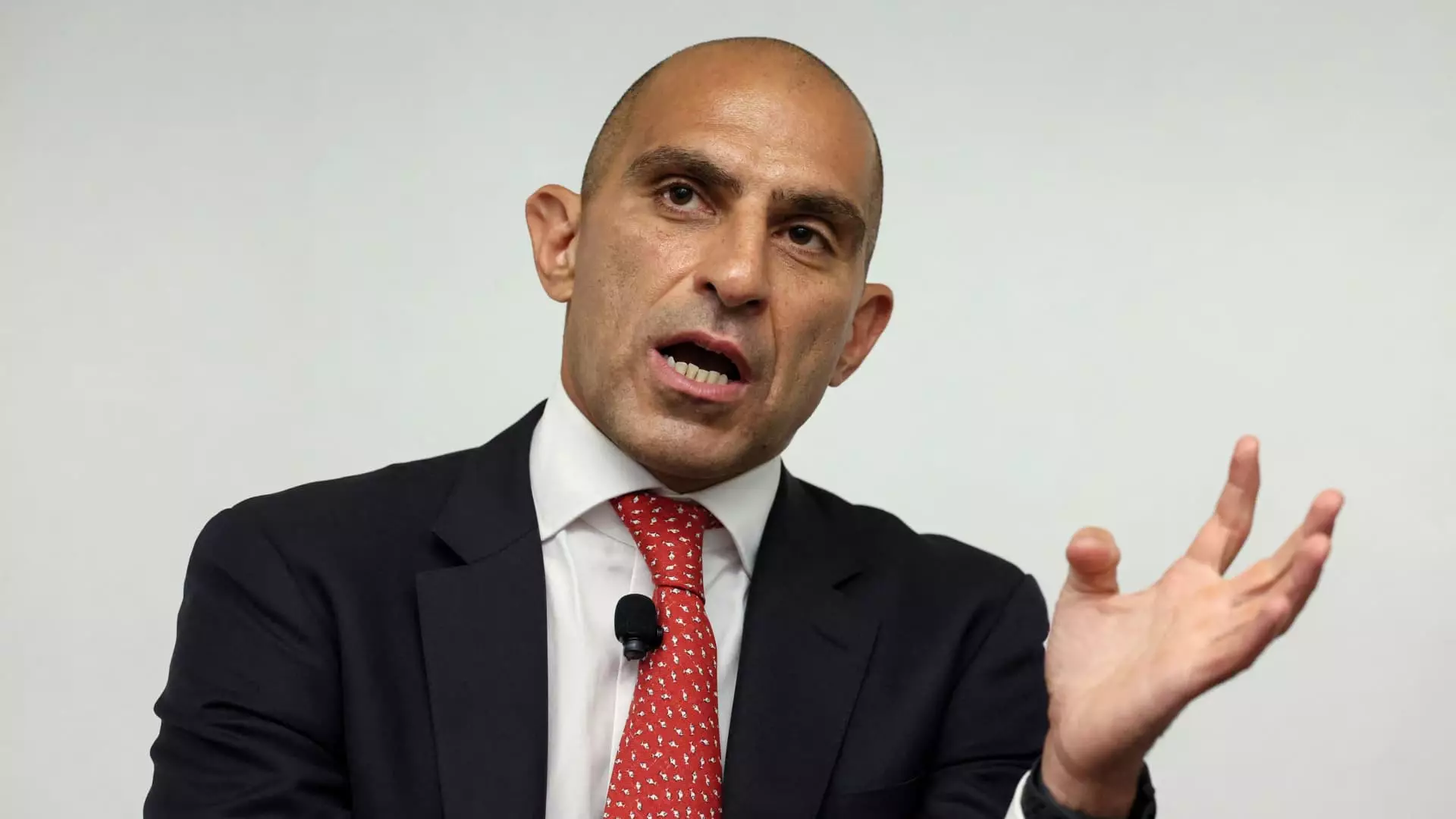The Commodity Futures Trading Commission (CFTC) is currently embroiled in a significant legal battle, spotlighted by its recent attempt to halt Kalshi, a financial exchange, from offering contracts that enable individuals to wager on the outcomes of U.S. elections. Despite the CFTC’s long-standing position against such event contracts, a federal appellate court recently lifted an injunction that barred Kalshi from operating in this capacity. This decision marks a pivotal moment for the agency, prompting CFTC Chairman Rostin Behnam to voice concerns about the implications for market integrity and regulatory oversight. As the agency continues to pursue an appeal against this ruling, the atmosphere of uncertainty surrounding election-based contracts underscores the complexities involved in regulating financial markets.
In tandem with its challenges in the realm of political betting, the CFTC faces an urgent need to adapt to the rapidly changing landscape of digital assets. Behnam has repeatedly emphasized the necessity for comprehensive legislative efforts to establish a viable framework for the regulation of digital currencies and blockchain-based technologies. His advocacy highlights the growing prevalence of scams within the digital asset sector, often leaving average investors vulnerable to losses without adequate legal recourse. The regulatory gap poses significant risks not only to individual investors but also to the integrity of the entire financial system.
In his testimony before the U.S. Senate Committee on Agriculture, Nutrition and Forestry, Behnam stressed that federal legislation is essential for creating a structured regulatory environment. The lack of cohesive regulatory measures raises concerns about consumer protections, as well as the overarching stability of financial markets. The need for a dedicated framework is more pressing than ever, especially when considering the sheer speed at which digital asset adoption continues to accelerate. Without timely legislative action, the potential for market manipulation and fraudulent activities remains alarmingly high.
As the CFTC adjusts its strategies in light of ongoing legal challenges and the burgeoning digital asset market, it is clear that robust regulatory oversight will play a critical role in safeguarding investors and maintaining market integrity. The agency’s commitment to pursuing an appeal against the ruling affecting Kalshi illustrates its steadfast approach to protecting the interests of American investors. Moreover, as digital assets become increasingly mainstream, the CFTC’s initiatives will need to evolve, requiring cooperation and active engagement from Congress to devise regulations that adequately address the unique characteristics of this new asset class.
The CFTC is at a crossroads, balancing the intricacies of legal challenges surrounding event contracts while addressing the urgent need for a regulatory framework in the realm of digital assets. Only through decisive actions and collaborative legislative efforts can the agency ensure that it fulfills its mandate to protect investors and maintain fair, open, and efficient markets.

